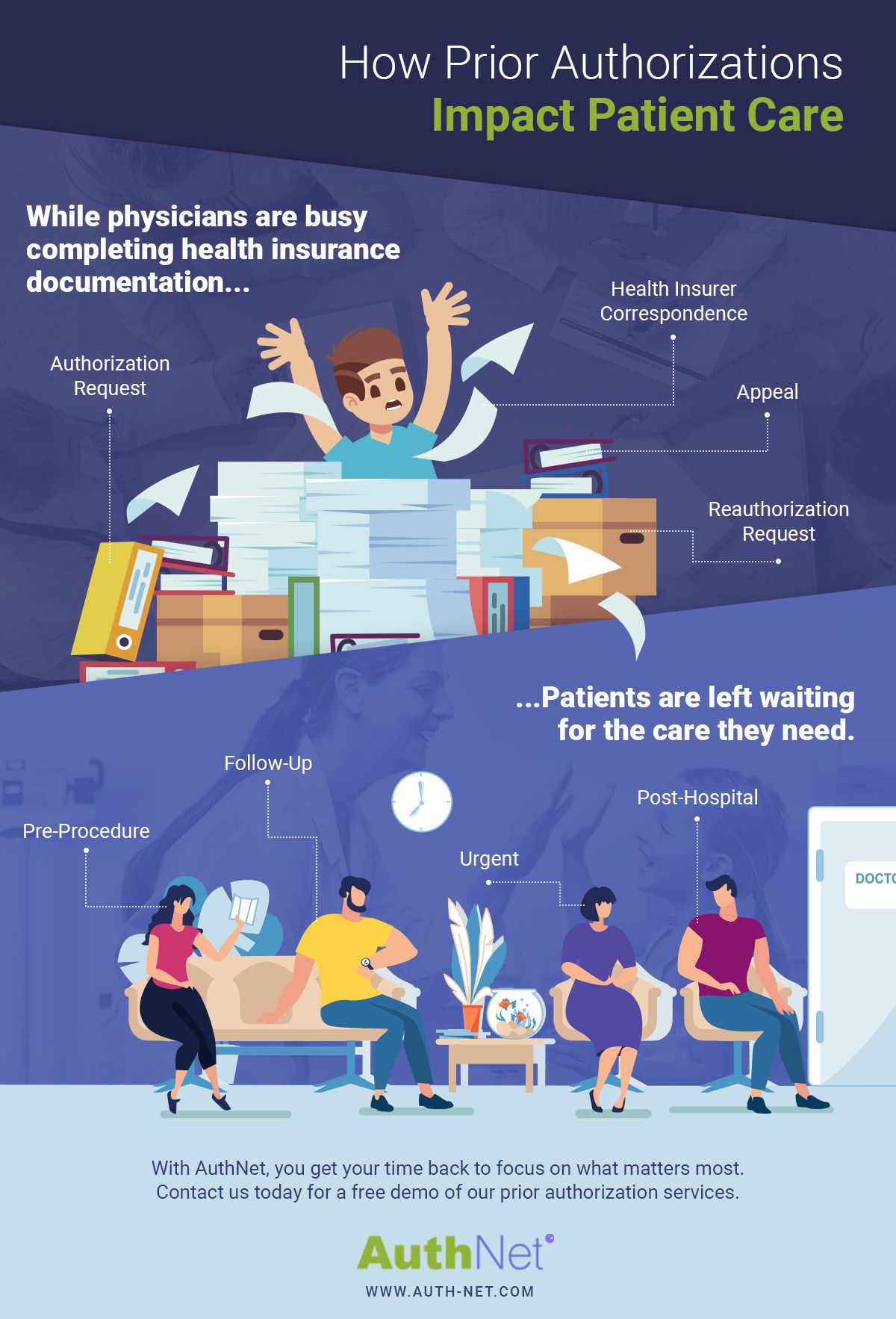Be Familiar With the Coverage and Prior Authorization Guidelines of Each Payer
Surgeons need to be aware of the coverage and the prior authorization guidelines for payers and provide a specific diagnosis on each report. The diagnosis codes that are reported tell the payer why the service needs to be performed and helps support why it is medically necessary to have the procedure or service performed.
Protect Against Denials
In order to do this, insurance providers need to have relevant information about the procedures that are routinely performed and enter the contracting process with this information. The chances of receiving a denial are lowered tremendously when they have the needed evidence to prove the medical necessity of a particular procedure, as well as any reliable resources on coverage for specific diagnoses. This information would also help during potential reimbursement negotiations.
Follow All Recommended Treatment Guidelines
By making sure that they are following the recommended treatment guidelines before ordering a high-cost procedure or medication for a patient, a physician increases the likelihood to get the prior authorization back in a much more timely and smooth manner. Physicians will also want to ensure that they are meeting all of the payer’s criteria before they submit a prior authorization request.
Get Prior Authorizations Even for Mundane Procedures
While brand-name pharmaceuticals and imaging procedures like CT scans and MRIs may be common procedures and medications, they still require prior authorization.
Inform the Insurer Why Your Patient is a Good Candidate for the Procedure
In order to support patient inquiries, the physician can write to the insurance company and justify the patient’s candidacy for the procedure. To step take the case one step further, a physician can pull evidence-based literature to help support their arguments.
Update Contracts With Insurance Companies and Know Diagnosis Codes
Insurance providers will update their coverage policy every so often and providers need to track these changes and update their contracts in order to maintain coverage. It is also important to know diagnosis codes, especially for orthopedic and spine procedures as many do not have clearly defined codes.
Work With a Prior Authorization Specialist
If you would like to avoid any of the hassles associated with prior authorizations and simply send your patient’s information and diagnosis to a prior authorization professional who can assist you with getting approval in a timely manner, then our top recommendation is to work with AuthNet. Not only does it save you the cost of hiring someone to do it in-house, but also saves you the hassle and the headache of trying to maneuver it yourself while running your practice. A reliable prior authorization company like AuthNet has years of experience and stays up-to-date on any changes with insurance companies and their unique policies.



